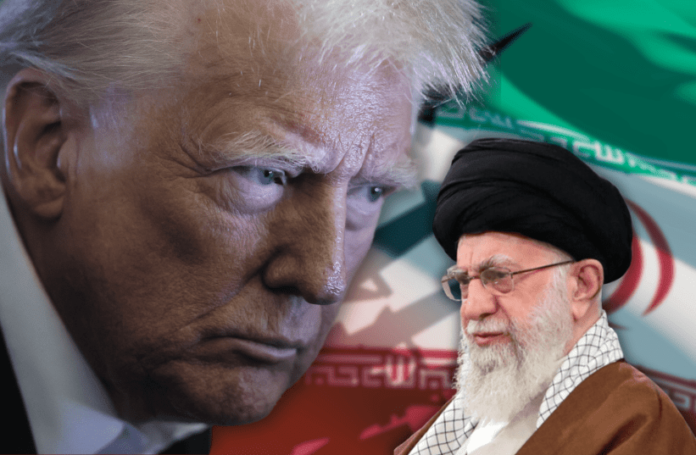Iran has reportedly heightened security measures around its nuclear and missile facilities, anticipating potential attacks from Israel and the United States. This escalation, as detailed by the UK-based The Telegraph, involves strengthening defenses and deploying additional air defense systems at key sites. These moves come in response to growing concerns that a joint military operation between Israel and the US could target Iran’s nuclear infrastructure.
In recent months, both the Biden and Trump administrations have been warned by US intelligence about Israel’s intentions to strike vital Iranian nuclear sites. The fortification of Iranian facilities has been ongoing for several years, but it has intensified since Israel’s airstrikes on the Parchin military complex near Tehran. In those attacks, Israeli forces destroyed the “Taleghan 2” facility, which was allegedly involved in nuclear weapons research, according to reports from Axios.
Sources cited in The Telegraph suggest that Iran is on high alert, with personnel at nuclear sites anticipating attacks “every night.” This constant state of preparedness reflects the deepening tension in the region, with both Israel and the US focused on curbing Iran’s nuclear ambitions. Iran, meanwhile, has firmly denied accusations that it is pursuing nuclear weapons, despite longstanding Western concerns.
The security upgrades coincide with the reinstatement of former President Donald Trump’s “maximum pressure” policy towards Iran. Trump, who began his second term in January, has re-imposed harsh sanctions on Iran, a strategy he first enacted during his first term after withdrawing from the 2015 nuclear deal. This move, aimed at crippling Iran’s economy, has failed to halt Tehran’s nuclear activities, escalating tensions further. Recently, Trump has expressed interest in striking a new deal with Iran, but the response from Tehran has been firm. Iran’s Supreme Leader, Ayatollah Ali Khamenei, dismissed negotiations with the US, declaring that no solutions would arise from such talks.
Israel, under Prime Minister Benjamin Netanyahu, has echoed these concerns and emphasized its determination to continue its campaign against Iran, citing its ongoing efforts to target Iran’s influence in the region. Netanyahu recently vowed to “finish the job” of dismantling Iran’s terror network, with US support, particularly in light of the growing influence Iran has through proxy groups like Hezbollah in Lebanon, Hamas in Gaza, and various militia groups in Yemen and Iraq.
This shared vision between Israel and the US reflects their unified stance on countering what they perceive as Iran’s destabilizing role in the Middle East. Both nations are committed to limiting Iran’s nuclear capabilities and curbing its regional influence, often working in tandem against Iran-backed factions.
While the situation in the region grows more perilous, with tensions heightening at an alarming rate, Israel’s security measures and the US’s rhetoric leave little room for optimism about de-escalation. The focus of both nations remains squarely on preventing Iran from achieving nuclear weapons capability, though the path forward is uncertain.
In this climate of fear and suspicion, with military posturing from all sides, the world watches closely, wondering how much longer this fragile standoff can endure before it explodes into open conflict. As Netanyahu and Trump both maintain their tough stance against Iran, one question remains: how much longer can diplomatic channels stay open, or will military strikes become inevitable?



